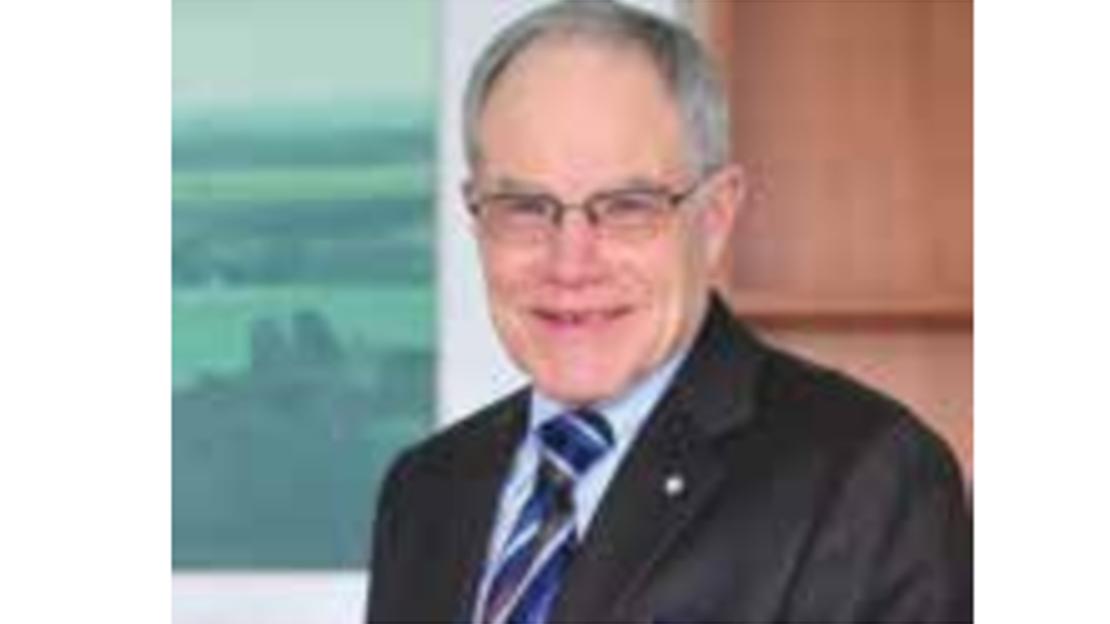I’ve always hoped that Canada 150 would generate ideas, energy and optimism for the challenges ahead, just as our celebration of Canada’s Centennial did in 1967. That year the world directed its attention to Expo in Montreal and the Pan American Games in Winnipeg. The Toronto Maple Leafs won the Stanley Cup, a source of pride for locals like me even if that wasn’t part of the official program. We made significant investments in research, infrastructure, education and the arts. It was a coming of age for the country.
Canada at 150 challenges us to confront the contradictions and omissions of our history. The Truth and Reconciliation Commission encourages us to rethink the meaning of Canada in dialogue with Indigenous people, to recognize the depth of their connection with this land, and acknowledge the cruel marginalization and suppression that is part of our history as a settler society. As Alexandra Shimo and Sarah Barmak write in this issue, Indigenous people are speaking out, and this is a welcome inclusion that is changing not only how we understand the past, but the present and future of Canada.
We have a tremendous responsibility to reflect on that history, no matter how difficult, and create a genuinely more equitable society. This is not only equity — it’s fundamental to who we are.
